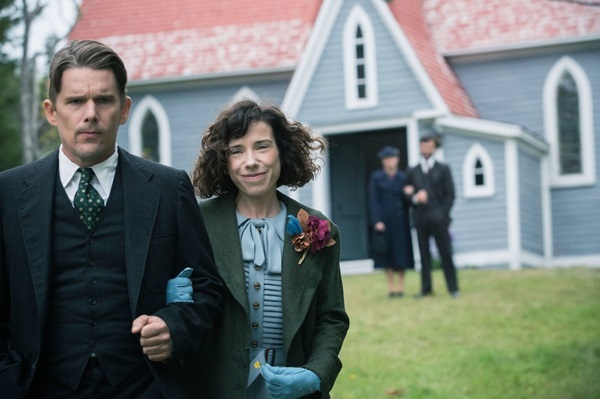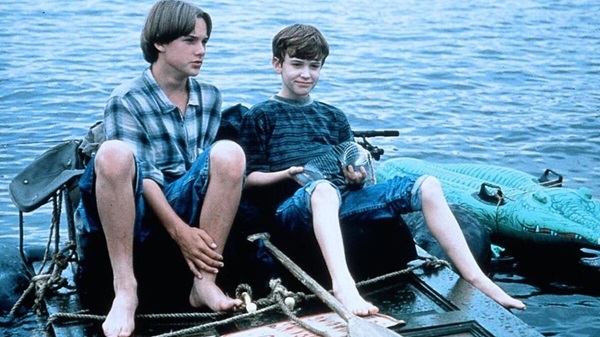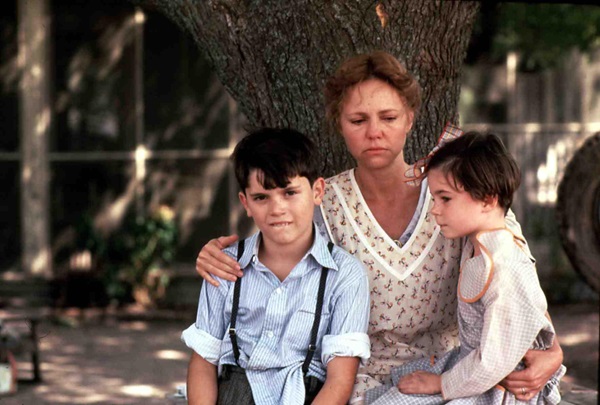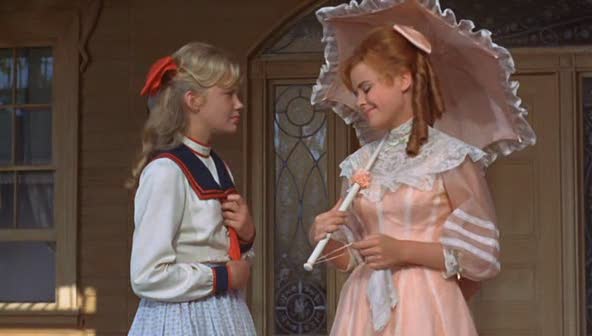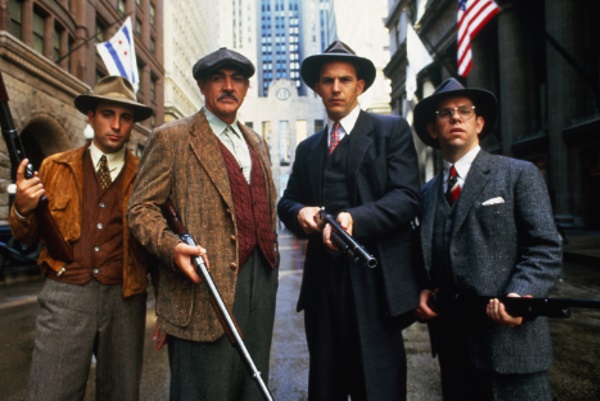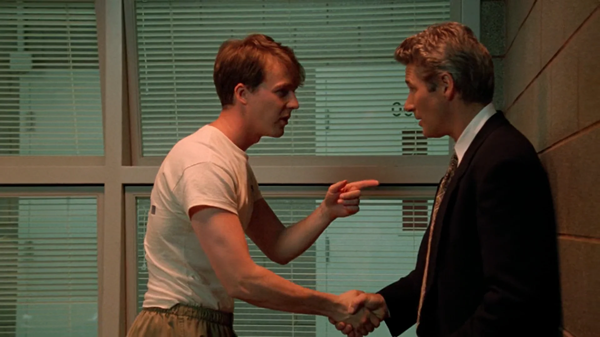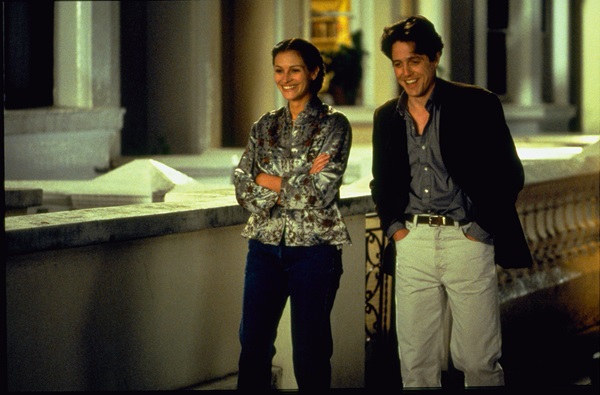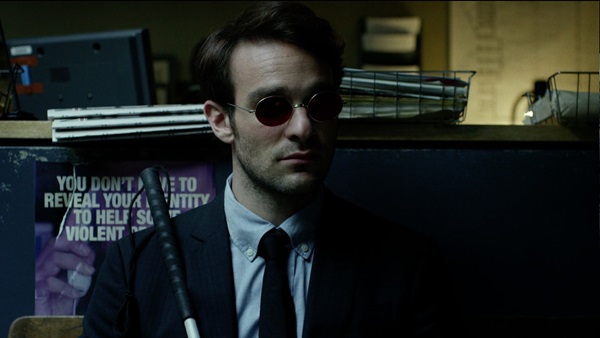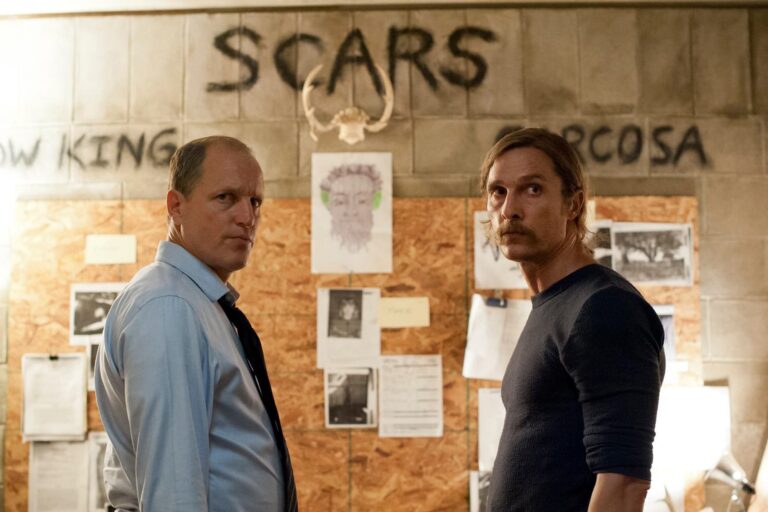Daredevil (2016), a flagship series of Marvel’s partnership with Netflix, brought the gritty, street-level superhero to life in a way that had not been seen before. The show, centered on Matt Murdock (played by Charlie Cox), a blind lawyer who becomes the vigilante Daredevil, blends intense action, moral complexity, and grounded realism to redefine the superhero genre. Set in the grimy streets of Hell’s Kitchen, New York, Daredevil explores the tension between law, justice, and vengeance in a world rife with corruption.
Matt Murdock, blinded as a child by a chemical accident, uses his enhanced senses to fight crime as the masked vigilante known as Daredevil. By day, he works as a lawyer, seeking justice through the legal system, but by night, he dons the guise of Daredevil to fight criminals that slip through the cracks of the law. His aim is to make Hell’s Kitchen a safer place, but as his alter ego becomes more involved in the city’s dark underbelly, he begins to confront the limits of his own moral code.
The primary antagonist of Season 1 is Wilson Fisk, portrayed by Vincent D’Onofrio, a powerful and manipulative crime lord who operates in the shadows. Fisk is driven by his desire to remake New York in his own image, often using violence and intimidation to achieve his goals. His character is a fascinating study in ambition and vulnerability, as he struggles to balance his ruthless criminal empire with his desire for love and acceptanc
One of the most captivating elements of Daredevil is its action choreography, which sets the show apart from other superhero narratives. The fights are brutal, gritty, and expertly crafted, showcasing Matt’s superior agility and his willingness to endure pain for the greater good. The standout moment of the series is the hallway fight in which Matt takes on a group of thugs in a single, unbroken shot. This intense sequence showcases both Matt’s fighting skills and the physical toll his crime-fighting lifestyle takes on him. These moments of raw combat give the show a grounded, almost visceral feel that contrasts with the more fantastical elements of other superhero media.
Daredevil is more than just Matt Murdock. The show is filled with well-rounded characters who drive the narrative forward, with Foggy Nelson (Elden Henson) and Karen Page (Deborah Ann Woll) serving as his closest allies. Foggy, Matt’s childhood friend and law partner, acts as a moral anchor for Matt, often reminding him of the importance of following the law and maintaining their friendship, even as Matt’s secret life as Daredevil takes a toll. Karen, on the other hand, is a pivotal character who uncovers dark secrets about the city and plays an instrumental role in exposing the corruption within it.
Wilson Fisk, played by D’Onofrio, is one of the best-received characters of the series. Fisk’s quiet demeanor and simmering rage contrast sharply with his violent actions, creating a complex antagonist whose motivations go beyond mere criminality. His relationship with Vanessa, a love interest, humanizes him and adds layers to his character, making him more than just a one-dimensional villain.
At its core, Daredevil deals with questions of justice, vengeance, and morality. Matt Murdock is constantly torn between his role as a lawyer, where he seeks justice within the confines of the legal system, and his role as Daredevil, where he uses his own brand of vigilante justice. The series explores the gray areas between right and wrong, highlighting the moral complexity of Matt’s decisions as he navigates the dangerous and corrupt world of Hell’s Kitchen.
Fisk’s storyline complements this theme, as he tries to reshape the city in his vision, believing his violent actions are justified for the greater good. The show frequently questions whether it’s acceptable to break the law in order to achieve what one believes is justice, and whether violence can ever be a legitimate means of solving societal problems.
The show’s cinematography is dark and atmospheric, with Hell’s Kitchen serving as a fitting backdrop to the story’s somber and often violent tone. The lighting, often low and shadowy, helps to emphasize the mystery and danger lurking in every corner of the city. Additionally, the tone is grounded, portraying Matt as a vulnerable hero who suffers physical and emotional consequences for his actions. His personal struggle to reconcile his dual identities is portrayed with depth and nuance, making him one of the most compelling superheroes on screen.
Daredevil Season 1 helped set the stage for the rest of the Marvel-Netflix collaboration, which would later give rise to other popular shows like Jessica Jones, Luke Cage, and The Punisher. Its success was a major reason why Netflix became a platform for mature, serialized superhero content. It also redefined what a superhero series could be—one that blended gritty realism with traditional comic book elements, making it relatable to a broader audience.
In conclusion, Daredevil (2016) Season 1 is a masterclass in superhero television. With a compelling protagonist, a layered antagonist, jaw-dropping action, and moral dilemmas that keep viewers engaged, it remains a high point in the superhero genre. The show’s impact is still felt today, as it set the tone for a new era of darker, more complex superhero stories. Whether you’re a fan of action, drama, or deep moral exploration, Daredevil offers something for everyone.
